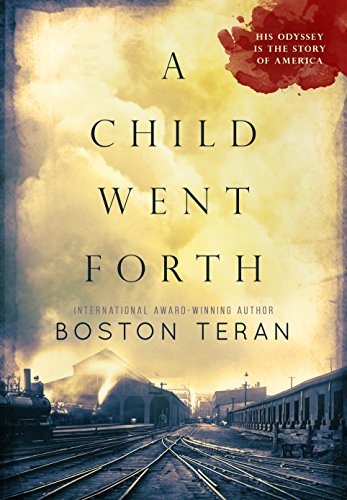A Child Went Forth
In 1855, Charlemagne “Charlie” Ezekiel Griffin begins a life-transforming journey from New York to Missouri. Behind every day of that experience is the impression left by a poem read to him by a stranger, part of which tells him that every object he would see with “wonder, pity, love or dread, that object he became…”
To begin with, Charlie and his father Zacharia are scammers—lying, cheating and doing whatever they need to get what they want. Their most important scheme involves stealing money that was intended to be delivered to supporters of the Underground Railroad. After Zacharia dies violently, Charlie begins to question the career that led to his father’s death. Charlie doesn’t stop scamming, but his motives and plans dramatically change to returning that money. He comes to believe that virtue draws one forward and vices must draw one backward until one atones for the errors. He suffers from seeing slaves and other humans mistreated; and in one slave auction scene where he winds up on the block for sale, he learns empathy, which forever changes his vision for the future.
The men and women he meets include slave auctioneers, slave catchers, free-staters, abolitionists, the educated and uneducated, and courageous individuals, all of whom are deeply affected by Charlie’s truth and lies. The fact that all sides of this infamous practice of slavery, along with moral and corrupt characters involved, are so memorialized in eloquent language makes this novel a stunning, unforgettable, finely written page turner. Boston Teran’s novel speaks to the legacy of that era that almost destroyed America as a unified nation. A Child Went Forth is phenomenal, well-researched, and highly recommended historical fiction.










